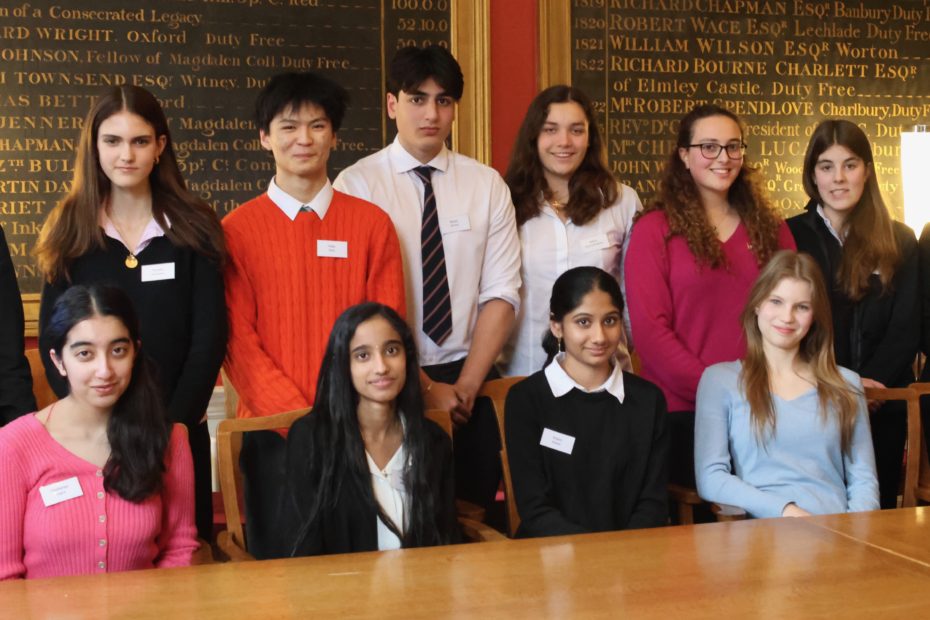This is the third in a series of blogposts by the members of the Expanding Autonomy project, funded by the Arts and Humanities Research Council.
Written By: Oscar A. Piedrahita & Matthew Vermaire, COGITO, University of Glasgow.
Don’t you find that other people’s beliefs are always getting in the way of progress? They seem to be full of bad views about everything from geopolitics to zoning laws to the most bizarre conspiracy theories; and what’s worse is that they seem often perversely immune to rational methods of persuasion, bristling with a panoply of biases. It’s a free country and everyone’s entitled to their opinions. Wouldn’t it be nice, though, if—without having to resort to positively illiberal measures of censorship and forced re-education—we could get those opinions to be a little more tolerable? What if the secret is all in the way in which evidence and potential beliefs are presented to people, so that with more carefully calibrated interventions we could exert a noncoercive but significant influence toward the truth?Read More »Cross Post: Nudging for Better Beliefs









